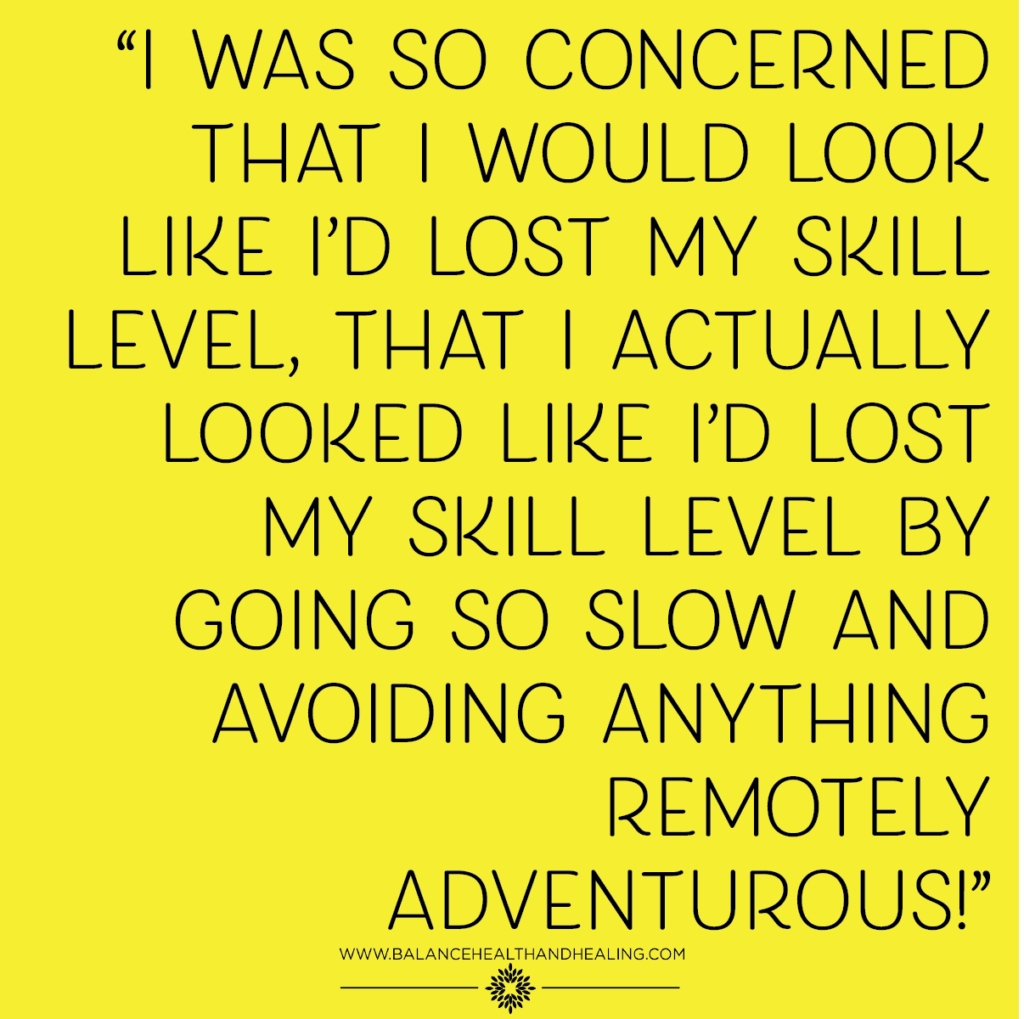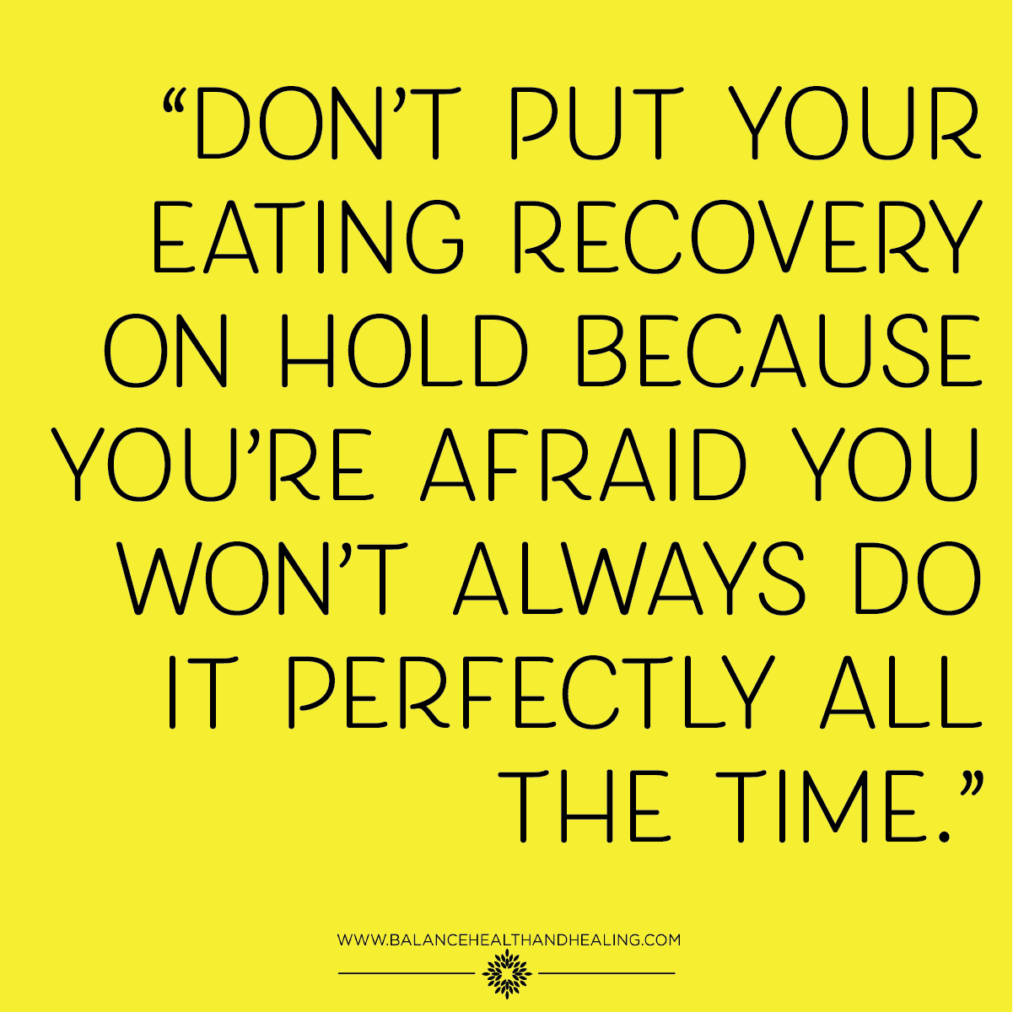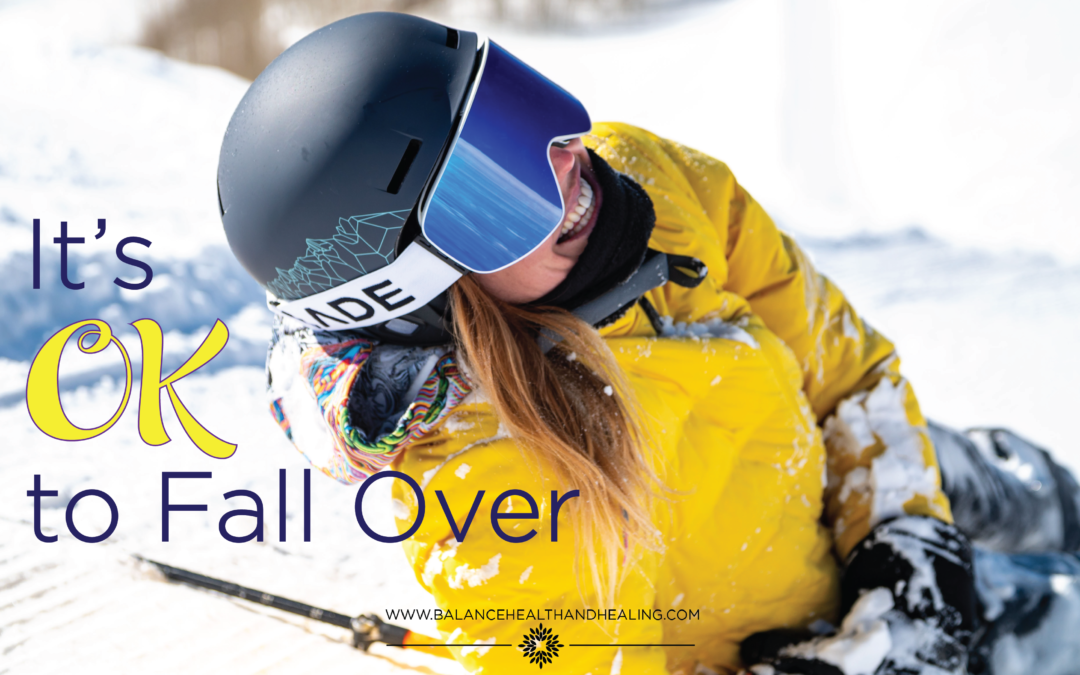Over the Christmas break, I was gifted an evening of night skiing with my brother and my husband. I was so stoked to dust off my old ski gear and strap on my salopettes. It had been years since I had been skiing – an activity that my family and I used to love. Growing up, we would spend one week each winter in the Alps (a 12-hour drive from where I grew up in the U.K.) where we would ski to our heart’s content each day. It had been a huge family bonding activity, one that we all look back on with fondness.
Fast forward 11 years, and I was missing the feel of the snow beneath my skis and the crisp mountain air in my face. On the evening that we were supposed to go skiing, I pulled my old gear out of its dusty box, got dressed (well…my snow pants from when I was 15 were markedly tight, because I don’t have the body of a 15-year-old anymore, thank goodness my body has grown with me!), and we headed for the slopes.
As we approached the towering mountainside, I noticed my thoughts turning towards fearful nerves and “what ifs”. Like, what if I couldn’t remember how to ski anymore? What if my pants that were so tight they had to be undone fell down while I was skiing (please no!)? What if I fell over? What if I hurt myself?
I acknowledged my nerves to my brother and husband, who were regulars on the mountain, and apprehensively clipped myself into my skis and we set off. As we glided up the mountain on the chair lift, taking in the glorious nature around us, I found myself setting the goal to “just get through the whole night without falling over” this evening.
Having been skiing quite a lot growing up, I had been very confident on my skis and barely fell. But here I was, 11 years later, hoping that skiing was like riding a bike or a horse, and that muscle memory meant you could just pick back up where you left off. I told myself if I can make it through the evening without falling over, it would be a success. That was my goal. And I worked toward that goal, I went slower than I could have, I took safer routes than I could have, I turned slower and certainly did not attempt any jumps. I even sat out on some runs. When the evening was coming to an end, I quickly agreed that it was time to go because so far I had made my goal of not falling over – what if I did one more run and that was where it all went downhill (no pun intended)?
 I loved my evening of skiing; it was a fabulous gift and so good for the soul! But, as I look back on the evening, I can’t help but regret my goal of not falling over. With that vision in mind, it stopped me from fully living in the moment and having the most fun I could have had. I was so concerned that I would look like I’d lost my skill level, that I actually looked like I’d lost my skill level by going so slow and avoiding anything remotely adventurous!
I loved my evening of skiing; it was a fabulous gift and so good for the soul! But, as I look back on the evening, I can’t help but regret my goal of not falling over. With that vision in mind, it stopped me from fully living in the moment and having the most fun I could have had. I was so concerned that I would look like I’d lost my skill level, that I actually looked like I’d lost my skill level by going so slow and avoiding anything remotely adventurous!
I had self-sabotaged! I had not lived in the present moment, I had been more conscious of what I looked like, and I had set an AWFUL goal. What is wrong with falling over when you’re trying something you haven’t done for 11 years? Would I care if I went skiing regularly and then went with someone who hadn’t skied in 11 years and they fell over? No! So why did I put that on myself?
My daughter is currently in the phase of life where everything is brand new to her. Walking, climbing, jumping, sliding…the list goes on. She falls over about 200x a day. And the most miraculous part of that? She jumps back up without any look of embarrassment and tries again. She could not care less about how she looks and would probably never set the goal to not fall over, because that would mean she’s not having fun doing what she wants to do.
I learned a valuable lesson during that skiing trip, that falling down is not the enemy – living in fear of falling down is the enemy.  Falling down doesn’t stop you progressing – but living in fear of falling down stops you progressing. It reminds me of the beloved phrase from the classic 2004 film A Cinderella Story featuring Hilary Duff, which says “Don’t let the fear of striking out keep you from playing the game”. Call me cheesy, but I think that phrase epitomizes the lesson I learned that night. I was so scared of striking out that I barely played the game.
Falling down doesn’t stop you progressing – but living in fear of falling down stops you progressing. It reminds me of the beloved phrase from the classic 2004 film A Cinderella Story featuring Hilary Duff, which says “Don’t let the fear of striking out keep you from playing the game”. Call me cheesy, but I think that phrase epitomizes the lesson I learned that night. I was so scared of striking out that I barely played the game.
In eating recovery, there will probably be times you strike out or fall over, and that’s OK. It’s all part of “playing the game”. In fact, that’s expected. In fact, that’s part of recovery.Don’t put your eating recovery on hold because you’re afraid you won’t always do it perfectly all the time. Don’t be too worried about what your dietitian or therapist or doctor will think if you have a bad day in your recovery – they will likely understand better than anyone.
Don’t listen to that little voice that says it’s easier on my self-esteem to not try than to try and fall over. It might be causing you to move slower or take safer routes, like me on that mountain. Think of yourself in the way that you think of a child you love who is learning to walk. They fall over and you probably don’t berate them for it. You probably lovingly hold them and tell them it’s OK and to try again.
Think of the power you would have in your recovery if you could lovingly hold yourself when you fall over and tell yourself it’s OK and to try again. That’s a lesson I learned from my experience of skiing again: it’s OK to fall over – don’t let the fear of striking out keep you from playing the game.

